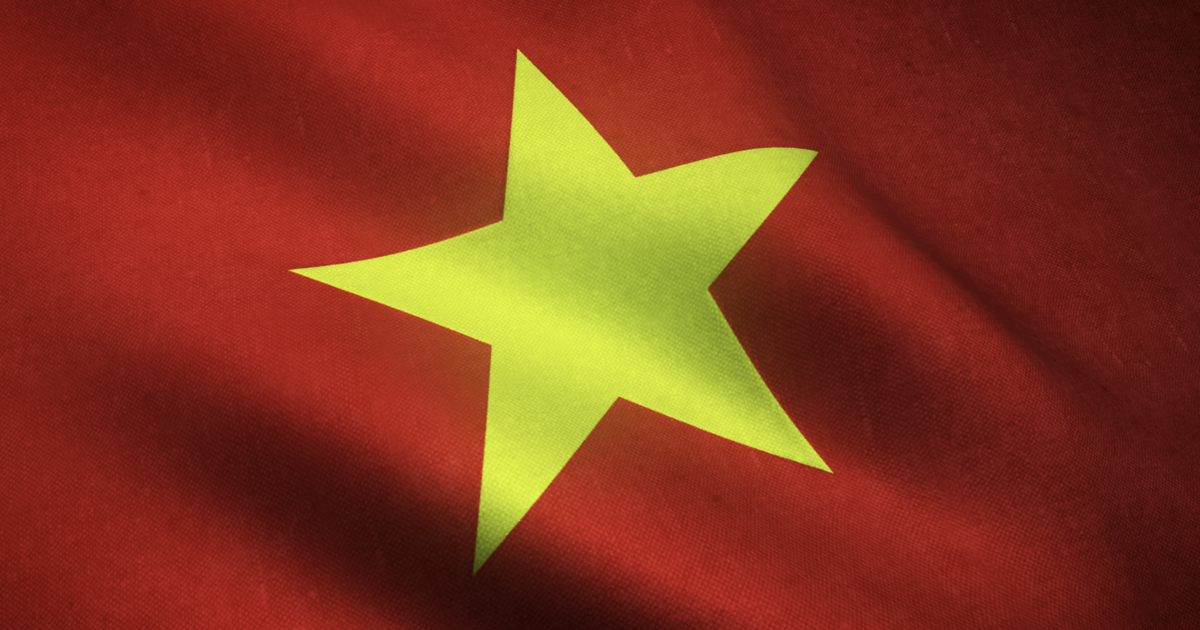A law will come into effect in Vietnam that controls the information disseminated on the Internet, including its impact on the video game market. This was reported by the analytical company Niko Partners.
This law introduces five main innovations.
1. Stricter censorship
The authorities have updated the age ratings for games, specifying the appropriate content for each group. The new version clarifies that in Vietnam, all games with erotic and pornographic materials are completely banned for all ages, even for adults.
Notably, these restrictions have been in place before. However, now it has been specified what exactly constitutes sexual content. According to the document, games marked 18+ may display nude characters, but explicit scenes and dialogues are not permissible.
Additionally, censorship continues to apply to realistic combat with weapons and human characters for gamers under 18. This also concerns political references in games.
2. Strict time limits for children in all games
An additional limit of 60 minutes per gaming session will be added to the existing 180-minute daily limit. This rule applies not only to multiplayer games but also to single offline titles.
3. Prohibition on the withdrawal of real money from games
From now on, Vietnamese users are not allowed to exchange in-game items or bonus points for real money. They also cannot trade them among themselves on the gaming market.
According to analysts from Niko Partners, this rule will particularly affect Web3 and NFT games. They may be equated to the illegal RMG sector (Real Money Gaming) in Vietnam, which includes online casinos and gambling with stakes.
4. Reduction in the time required to obtain a license to release a game
However, there is a positive development in the law. The time for reviewing applications to obtain a license to publish a game in the country has been halved.
Nevertheless, foreign companies entering the Vietnamese market still cannot release their games directly without opening a local office or partnering with local publishers.
5. Accessibility of international payment systems
Finally, any international payment systems can be used for IAP transactions. They are no longer required to register a legal entity in Vietnam. The key requirement of Vietnamese legislation, which companies must strictly follow, is to store and update all users' payment information.

